Vehicle fleet management has become a cornerstone for companies that rely on transportation, logistics, and field operations. Whether managing a small group of delivery vans or overseeing hundreds of trucks across regions, fleet management ensures efficiency, safety, and profitability. As industries grow more complex, advanced technologies such as rugged vehicle tablets and fleet management software are reshaping the way organizations monitor, control, and optimize their fleets.
This comprehensive guide will explore everything from fleet management definitions to practical tools, systems, and services.
What is Fleet Management? Definition and Core Concept
At its core, fleet management refers to the administration of a company’s vehicles, including procurement, maintenance, compliance, and real-time operations. A fleet manager ensures vehicles are available, drivers are safe, costs are controlled, and operations align with company goals.
Fleet management definition can be summarized as:
“The coordination and supervision of all aspects of a company’s vehicle fleet, with the objective of maximizing efficiency, safety, and cost-effectiveness.”
It spans multiple industries, including transportation, logistics, shipping, public safety, construction, and agriculture.
What is Fleet Management Software?
Fleet management software is a digital platform that provides real-time visibility into vehicle locations, fuel consumption, driver behavior, maintenance schedules, and regulatory compliance. It replaces traditional paper-based or manual tracking methods with automated dashboards and analytics.
Key features often include:
- GPS tracking and telematics
- Maintenance scheduling and alerts
- Driver performance monitoring
- Fuel usage optimization
- Compliance documentation
- Integration with rugged tablets or mobile data terminals (MDTs)
By using fleet management software, organizations can cut operational costs, reduce accidents, and extend vehicle life cycles.
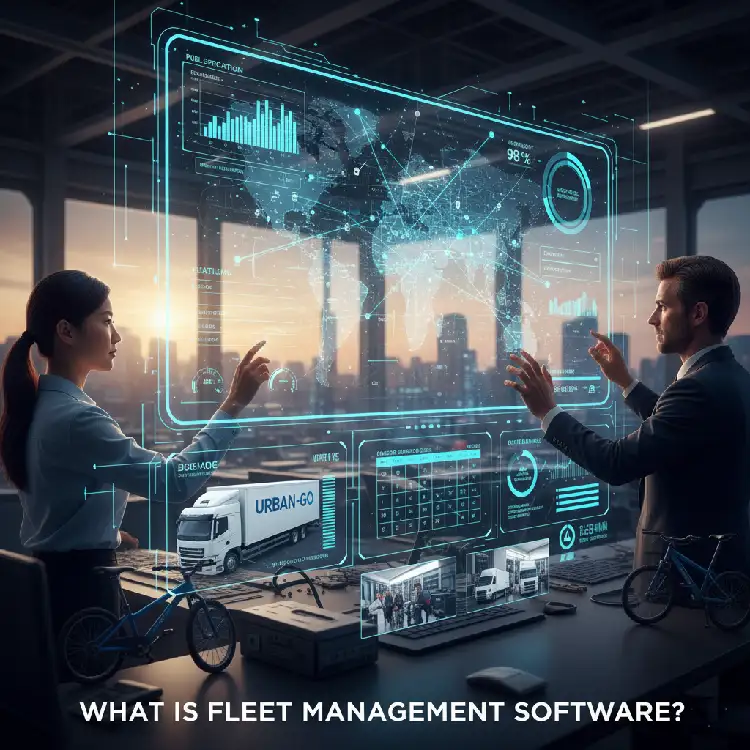
What is Fleet Management in Logistics?
In logistics, fleet management in logistics is vital for ensuring goods move efficiently from origin to destination. It allows logistics providers to:
- Optimize delivery routes using real-time GPS and AI-based analytics
- Track shipment progress and provide accurate ETAs
- Reduce fuel costs through intelligent scheduling
- Enhance driver productivity and accountability
Modern logistics fleets often integrate rugged vehicle tablets like the Waysion Q777, designed for tough conditions and seamless connectivity. These tablets act as mobile data terminals (MDTs), enabling two-way communication, navigation, and compliance reporting.
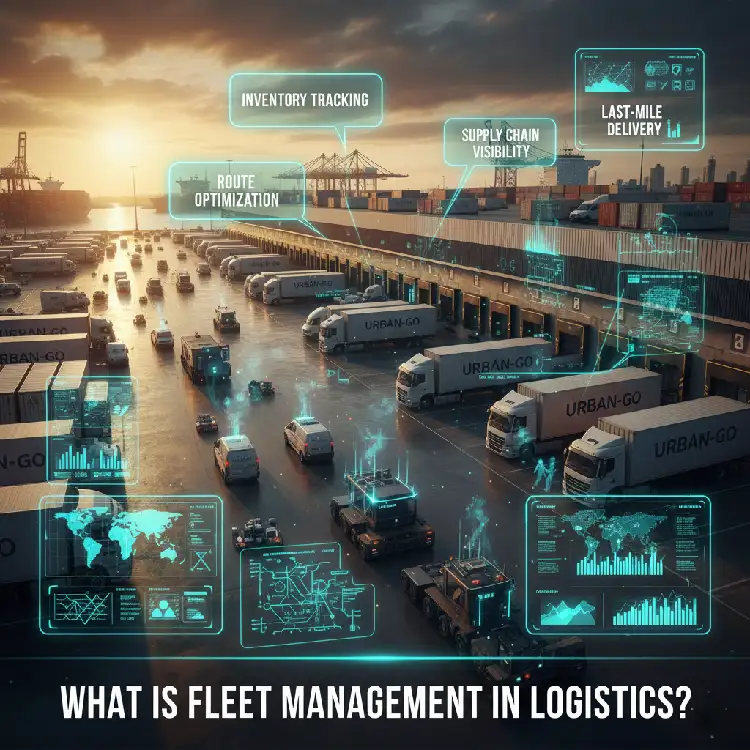
What is Fleet Management System?
A fleet management system is the structured combination of hardware, software, and processes that handle fleet operations. Unlike standalone software, it typically includes:
- On-board computers and rugged tablets installed in vehicles
- Cloud-based dashboards for central management
- IoT sensors for real-time diagnostics
- Communication modules (LTE, 5G, Wi-Fi, satellite)
The system ensures data flows smoothly between vehicles, drivers, and headquarters. Companies using such systems can detect mechanical issues early, comply with regional laws, and maintain complete transparency in operations.
What is Fleet Management Service?
Fleet management service refers to outsourcing some or all fleet operations to a specialized provider or company. A fleet management company offers services like:
- Leasing and financing of vehicles
- Maintenance and repair contracts
- Insurance management
- Fuel cards and expense tracking
- Driver training and compliance management
Businesses often choose fleet management services to reduce administrative overhead and focus on core activities while ensuring fleets operate smoothly.
What is Fleet Management in Shipping?
In shipping and maritime logistics, fleet management in shipping focuses on managing a fleet of vessels instead of road vehicles. Ship owners and operators track:
- Vessel scheduling and routing
- Crew management and compliance with maritime laws
- Maintenance of engines and hull integrity
- Cargo handling efficiency
- Safety and environmental regulations
Here, digital systems and fleet management software for shipping provide centralized control over global fleets.
Fleet Manager: The Role and Responsibilities
The fleet manager plays a pivotal role in overseeing daily fleet operations. Their responsibilities include:
- Supervising drivers and ensuring compliance with safety standards
- Managing budgets and cost reduction strategies
- Implementing telematics and monitoring driver behavior
- Coordinating with maintenance teams for timely servicing
- Preparing compliance reports for regulatory agencies
A skilled fleet manager leverages technology such as vehicle fleet management systems and rugged mobile devices to make data-driven decisions.
Fleet Management Companies: Industry Leaders
A fleet management company provides tailored solutions for businesses with diverse needs. These companies may offer cloud-based platforms, consultancy, or complete outsourcing packages. Some specialize in industries like logistics, while others cater to government or emergency services.
Choosing the right fleet management company depends on factors such as fleet size, industry-specific regulations, and technological compatibility with existing systems.
What is Fleet Management in Hindi?
For global learners, fleet management in Hindi can be described as:
“फ्लीट प्रबंधन एक संगठन के वाहनों के प्रशासन और समन्वय की प्रक्रिया है, जिसका उद्देश्य दक्षता, सुरक्षा और लागत-प्रभावशीलता को अधिकतम करना है।”
This highlights the universal nature of fleet operations, bridging industries and languages.
What is Fleet Management Course?
As the demand for skilled fleet managers grows, many institutions offer a fleet management course covering:
- Fundamentals of logistics and supply chain
- Telematics and IoT applications
- Maintenance planning
- Compliance and safety management
- Fleet cost analysis
Such courses can be delivered online, in-person, or through corporate training programs, often concluding with certifications recognized by industry associations.
What is Fleet Management PDF?
Many organizations publish fleet management PDF resources, offering structured insights into best practices, compliance checklists, and technical specifications. These downloadable guides help companies standardize procedures and educate staff.
For businesses seeking tailored content, internal fleet manuals in PDF form are invaluable for onboarding and training.
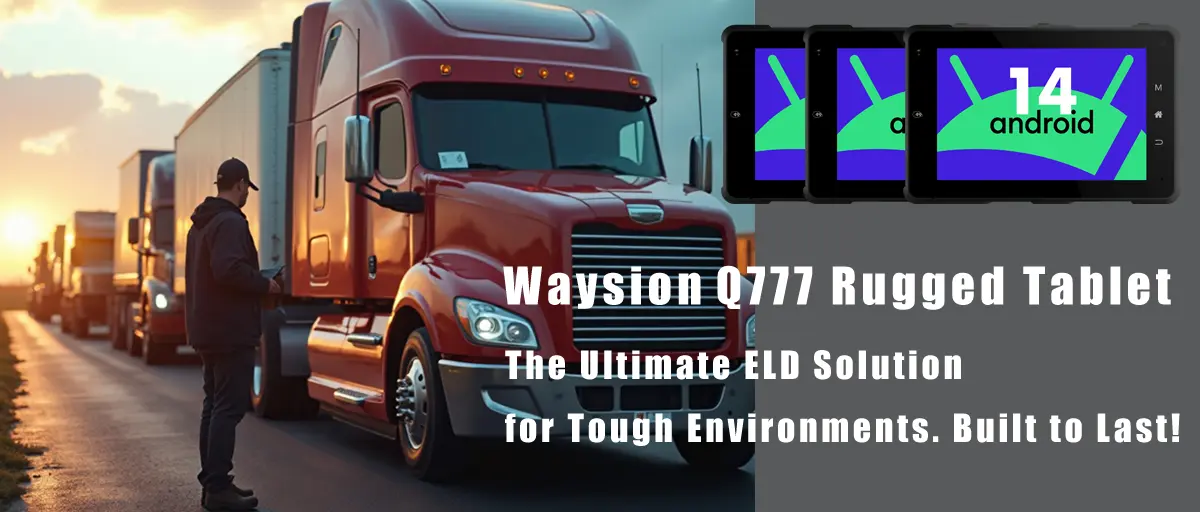
The Role of Rugged Tablets in Modern Fleet Management
Modern vehicle fleet management is incomplete without robust in-vehicle devices. Rugged tablets such as the Waysion Q777 are engineered for harsh environments including mining, construction, and logistics.
Benefits of rugged tablets in fleet management include:
- Daylight-viewable displays for on-road visibility
- Resistance to dust, vibration, and extreme temperatures
- Seamless integration with fleet management software
- Long-lasting batteries and detachable designs for fieldwork
- Wireless connectivity (4G, 5G, Wi-Fi, GPS, Bluetooth)
By equipping drivers and field staff with rugged MDTs, companies achieve real-time visibility and improved operational control.
Conclusion: The Future of Fleet Management
Fleet management is no longer just about maintaining vehicles; it is about integrating software, systems, services, and rugged technology to achieve operational excellence. Whether through fleet management in logistics, shipping, or outsourced services, the future lies in automation, connectivity, and data-driven decision-making.
Companies that embrace modern fleet management tools—particularly rugged tablets and IoT-enabled systems—will enjoy safer operations, lower costs, and a competitive advantage.
https://www.waysion.com/blog/vehicle-fleet-management-modern-solutions/
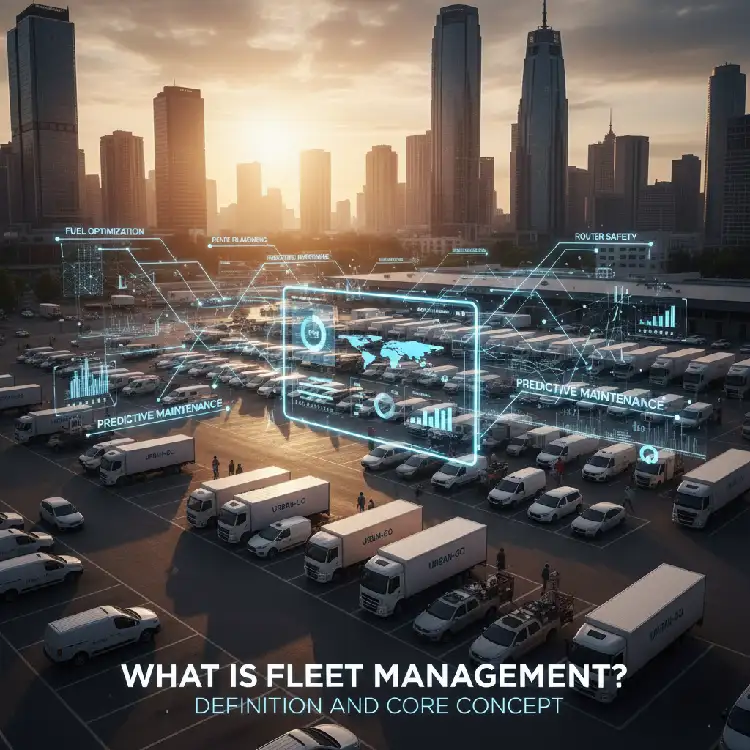
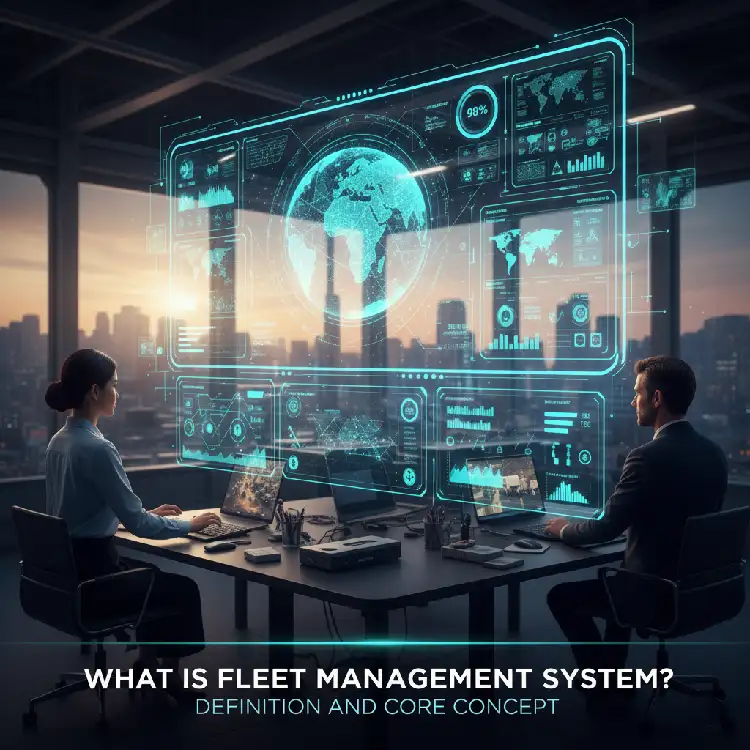
评论
发表评论